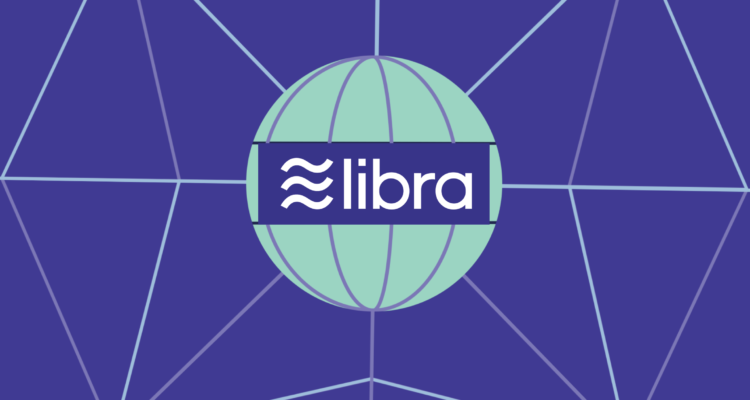Europe views the ability to effectively enforce and oversee data protection regulations as a matter of strategic sovereignty.
Since the last decade, digital payment systems and cryptocurrencies have been the most hotly disputed technologies. The rise of cryptocurrencies has coincided with a growing awareness of personal privacy. The GDPR and the ePrivacy Directive guarantee personal data protection and privacy as fundamental rights for everyone in the European Union. Libra, without a doubt, would be bound by these rules.
On a never-before-seen scale, the European Data Protection Supervisor (EDPS) evaluates potential data-sharing prompted by Libra facilities.
Even if data sharing is based on user consent, the long-term consequences could be a loss of data control. Millions of user transactions are stored publicly indefinitely, which is a challenge given the wide concept of financial data secrecy. The right of the data subject to access, alter or erase his or her personal data is one of the GDPR’s principles. Those in charge of the future Libra Blockchain haven’t yet explained how Libra would enable effective unlinking or removal of user data on a technical level.
There are some drawbacks to having ledger data available to the public. Among other things, fraud detection is supposed to aid in the processing of transaction data as a simple requirement of anti-money laundering rules. Nobody can rule out the possibility that other actors will develop an interest in the personal data, possibly for illegal motives.
And these are just a few of the potential issues that must be addressed and described in detail prior to full implementation. Given the numerous allegations leveled against Facebook’s treatment of user data over the years, providing meaningful responses is all the more important.
Considering all of the facts, cryptocurrencies are still considered to be a niche market. Over the decades, the projected number of active Bitcoin users has grown to tens of millions. Libra is predicted to become widely used and, in the long run, revolutionary, thanks to the Libra Association members’ user bases, which include over two billion Facebook users. The impact of disruptive technologies is better judged before, not after, their wide-scale adoption, according to experience. This is why the GDPR includes a set of requirements for conducting a data protection impact assessment in similar circumstances.
No technology, no matter how promising, should have the capacity to jeopardize fundamental privacy and data protection rights. The ability of Europe to monitor data protection standards and apply them effectively is still a subject of strategic sovereignty. There is no doubt that Libra will have ramifications for privacy, anonymity, and data protection in the short and long term.
But, guess what, Facebook has finally found its way out of the situation, by rebranding Libra as ‘Diem.’ The Diem Association is right now aiming to launch a pilot with a single stablecoin pegged to the U.S. dollar in 2021, sources confirm. Also, Diem has undergone a complete makeover and is now in conversation with Swiss financial regulators to secure the overall payment license. So, yes, let’s see how this gets to become the true game-changer!
For more blogs checkout: Blogs



